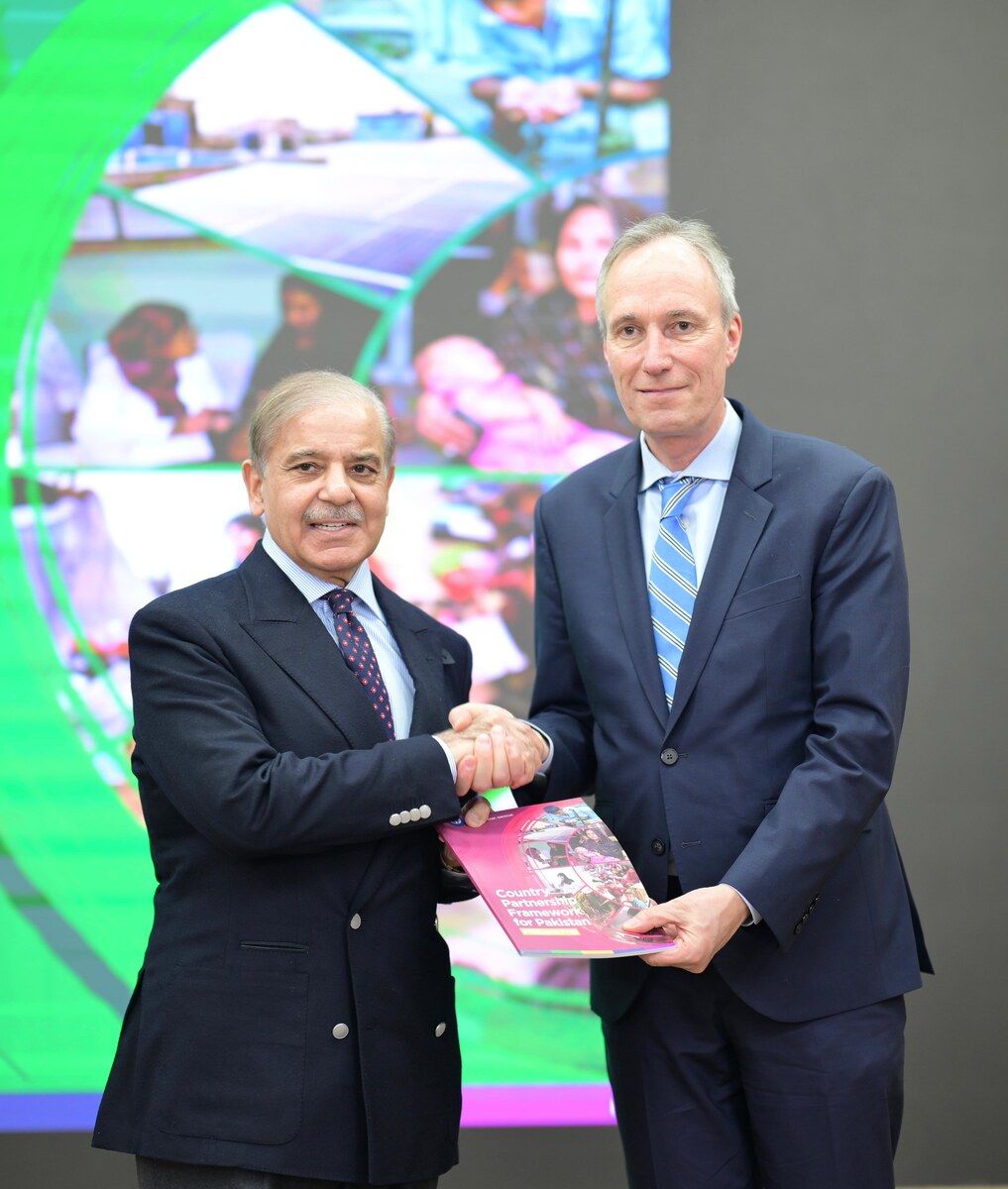KARACHI: Pakistan’s caretaker government on Thursday increased the price of natural gas by up to 67 percent for residential consumers, in a bid to meet one of the key fiscal tightening conditions of the International Monetary Fund (IMF).
The lender pointed out that liquidity conditions in the power sector had been acute, with a buildup of arrears and frequent power outages. The arrears, a form of public debt that builds up due to subsidies and unpaid bills, were a major issue in the eight months of negotiations between the IMF and Islamabad before a deal was reached last year for a $3 billion bailout package.
The Oil and Gas Regulatory Authority (OGRA), the sector’s regulator, notified the gas tariff hike late Thursday that would be effective from February 1. The government last increased the tariff in November 2023.
The gas price for protected consumers category of up to 0.25 cubic hectometers (hm3) and up to 0.9 hm3 has been increased to Rs200 from Rs121 and Rs350 from Rs300, or between 40 percent and 67 percent, while the rates for non-protected category consuming up to 0.25 hm3 to above 4 hm3 have been raised to Rs500 to Rs4,200, or between 5 percent to 25 percent, according to the OGRA notification.
“The weighted average impact of the gas price hike would be 12.3 percent, while the rate would be 67 percent for some residential categories of consumers,” Tahir Abbas, head of research at the Arif Habib Limited brokerage house, told Arab News.
The rates for the commercial category have been increased by 2 percent from Rs3,900 per metric million British thermal unit (mmBtu) to Rs3,990 per mmBtu, while for general industries the price has been curtailed by 2 percent from Rs2,200 to Rs2,150 mmBtu. The rates for export-oriented processing industries would be Rs2,150 per mmBtu, up by 2 percent.
The government has also enhanced the prices between 175 percent to 714.8 percent for fertilizer companies that use gas as feed-stock.
Pakistan last year announced a sharp increase in the price of natural gas for most households and industry ahead of the cash-strapped country’s first review of the $3 billion IMF bailout. Energy sector debt has been the main issue that the IMF has highlighted in tackling the fiscal deficit and it has been recommending measures to deal with it.
The gas tariff has been increased on the basis of OGRA’s determination of Review of Estimated Revenue Requirement (RERR) of the country’s two gas utility companies for the current fiscal year.
The estimated revenue requirements of the Sui Northern Gas Pipelines Limited (SNGPL) and the Sui Southern Gas Company Limited (SSGC) are about Rs592 billion ($2.12 billion) and Rs310 billion ($1.11 billion) respectively, according to the Petroleum Division.
The overall direct impact of the gas price hike on inflation would be about 0.4 percent because of its weightage in the consumer price index (CPI) basket, according to Abbas.
Pakistan’s inflation rate surged to a historic high of 38 percent in May 2023 and was at 28.3 percent in January 2024. The central bank has also revised its inflation forecast upwards from 20-22 percent to 23-25 percent for the current fiscal year due to a hike in energy prices.
In July last year, the IMF executive board had approved the much-needed nine-month Stand-By Arrangement (SBA) with Pakistan for the grant of $3 billion to support the country’s economic stabilization program. Pakistan has received $1.9 billion from the Fund.
The ongoing program will end in March and the second and final review of the arrangement is expected after the formation of a new government in the South Asian country. A successful completion of the last review will clear way for the disbursement of the remaining funds.
Petroleum prices
Separately, the government revised the prices of petrol and diesel for the next 15 days.
“Government of Pakistan has decided to bring changes in the current prices of Petroleum products for the fortnight starting from 16th February 2024, as recommended by Oil and Gas Regulatory Authority (OGRA),” the Petroleum Division said in a statement late Thursday.
The price of petrol went up by Rs2.73 to Rs275.62 per liter and while that of diesel’s increased by Rs8.37 to Rs287.33 per liter.
Pakistan revises petroleum prices every fortnight. The new prices have already taken effect.

















